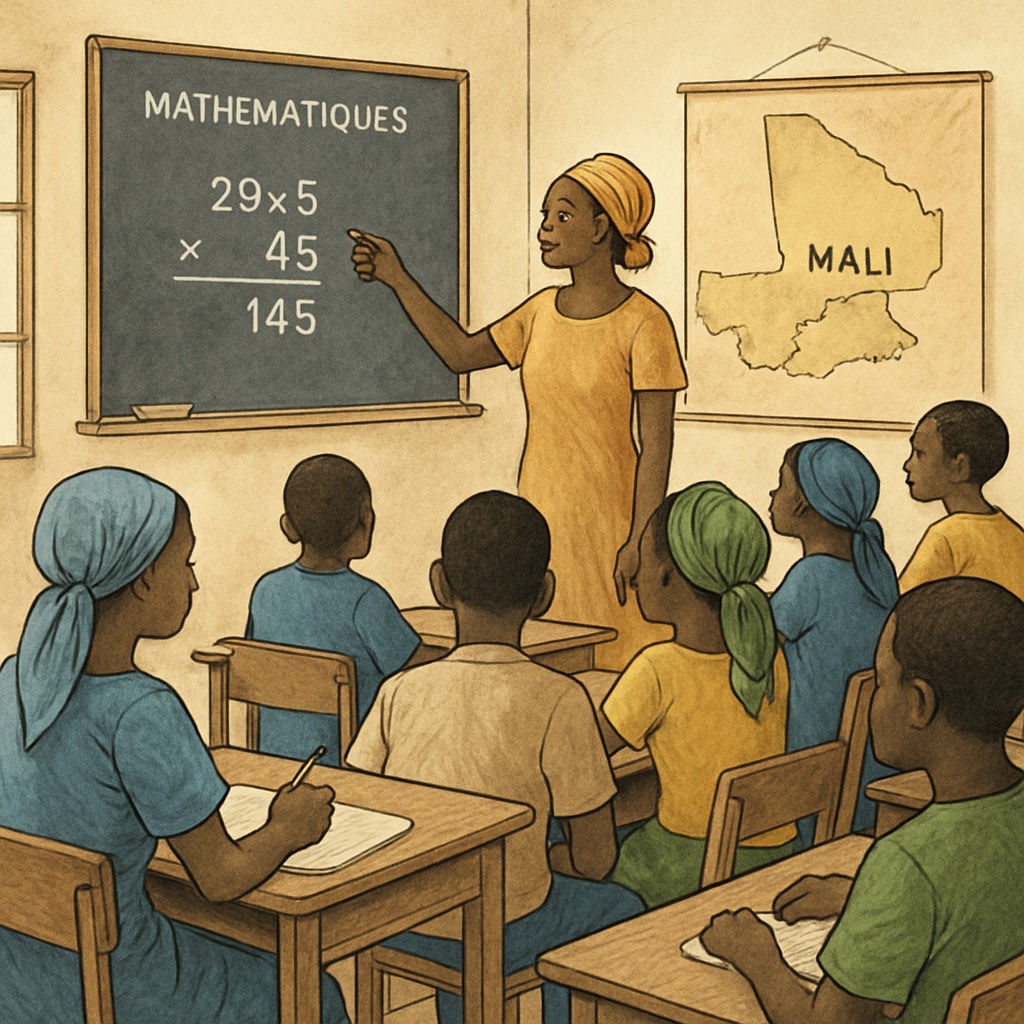Building a successful financial career in developing countries like Mali often begins with the foundation laid during K12 education. However, the journey is fraught with challenges such as uneven access to education, limited resources, and a lack of exposure to global opportunities. This article examines how K12 education can bridge these gaps, offering students the tools they need to pursue international careers in finance and other professional fields.
The Challenges of Pursuing Financial Careers in Developing Nations
In many developing nations, including Mali, students face significant hurdles when aspiring to enter competitive fields like finance. These challenges often start with inadequate K12 education systems that lack the resources and curriculum to prepare students for higher education and global job markets. For example, access to financial literacy courses, advanced mathematics, and language skills—key components of a financial career—are often limited to urban schools, leaving rural students at a disadvantage.
Moreover, students with ambitions to study abroad encounter additional barriers, such as high tuition fees, visa restrictions, and cultural adjustments. According to Education in Mali on Wikipedia, only a small percentage of students advance to tertiary education, highlighting the systemic obstacles in place.

K12 Education as a Gateway to International Career Opportunities
Despite these challenges, K12 education holds immense potential to act as a springboard for global career aspirations. By integrating financial literacy, STEM subjects, and soft skills like communication and critical thinking, education systems can equip students with the foundational knowledge needed for international careers.
For instance, introducing bilingual education programs can significantly enhance students’ ability to compete in global markets. English, being the dominant language in finance and business, can open doors to international study and work opportunities. Additionally, partnerships with international organizations can provide scholarships and mentorship programs, reducing the financial and informational barriers that many students face.
Countries like Mali could benefit from adopting educational models from nations with successful K12 systems, tailoring them to local contexts. For example, vocational training in finance and internships with local businesses can offer practical experience, bridging the gap between education and employment.

Study Abroad: A Crucial Step for Career Advancement
One of the most effective ways to overcome the limitations of local education systems is through study abroad programs. These programs expose students to advanced curricula, diverse perspectives, and international networks. However, for students from developing nations, accessing these opportunities requires targeted support.
Governments and NGOs can play a pivotal role by offering need-based scholarships, streamlining visa processes, and providing pre-departure training. For example, organizations like the Scholarship Programs on Britannica offer insights into financial aid structures that can be adapted to local needs.
Furthermore, alumni networks of international graduates can serve as mentors, guiding students through application processes and career planning. Establishing partnerships with universities abroad can also facilitate exchange programs, allowing students to gain exposure without fully relocating.
Conclusion: Bridging the Gap Between Education and Opportunity
While the path to a financial career in developing nations like Mali is filled with obstacles, K12 education can serve as a transformative force. By addressing resource inequities, integrating relevant curricula, and fostering international collaborations, education systems can empower students to pursue their dreams, whether at home or abroad.
In conclusion, nurturing global skills and perspectives from an early age is key to unlocking international career opportunities in finance and other fields. As stakeholders work together to bridge educational gaps, students in developing nations can look forward to a brighter, more equitable future.
Readability guidance: This article maintains a balance between professional language and accessibility, ensuring clarity for a wide audience. It uses short paragraphs, active voice, and transition words to enhance readability.


